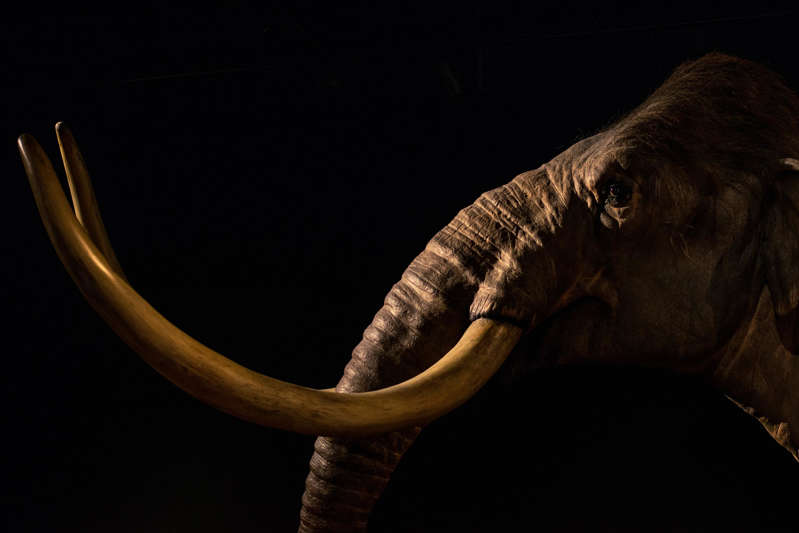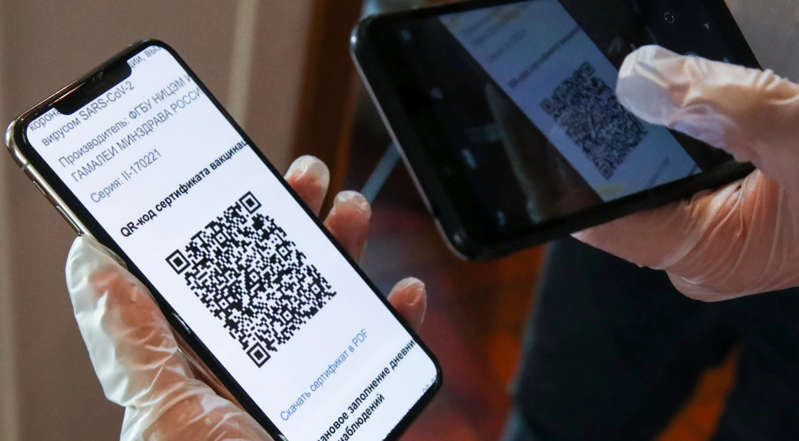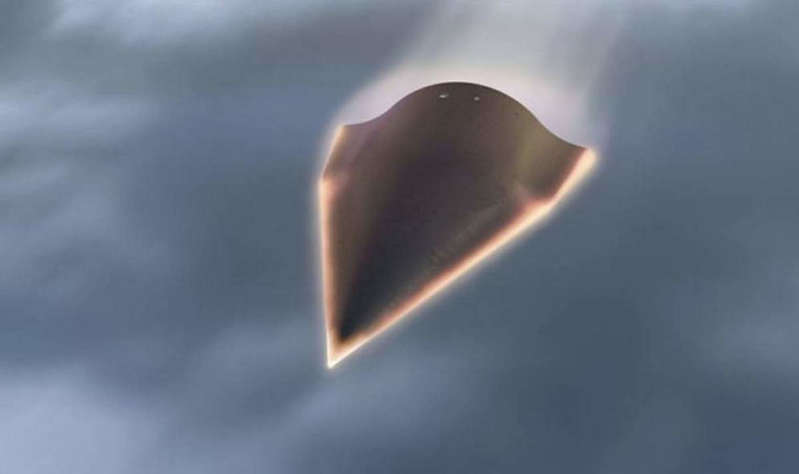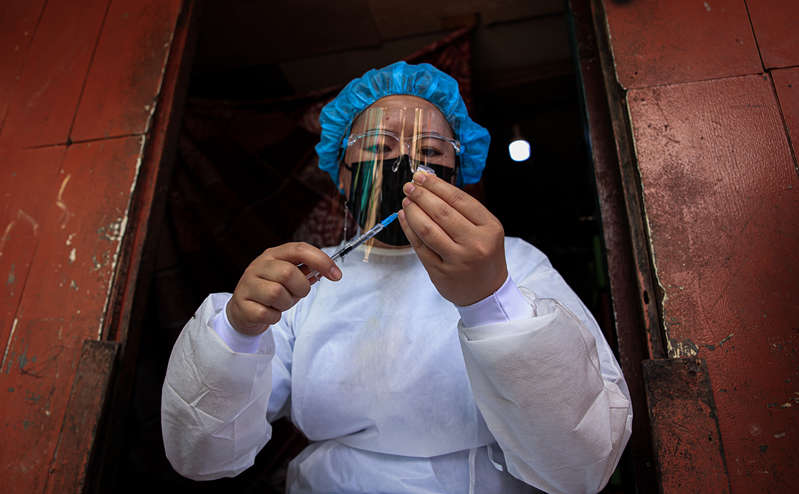
The activity of the human immune system varies depending on the time of day, concluded scientists from the University of Geneva (UNIGE) in Switzerland and the Ludwig-Maximilian University (LMU) in Germany. Their research drew attention to the publication “Science First Hand”, established by the Siberian Branch of the Russian Academy of Sciences.
Scientists conducted an experiment on laboratory mice and human cell cultures, during which they monitored dendritic cells that actively recognize antigens – specific fragments of pathogens. Dendritic cells, after recognition, migrate to the lymphatic vessels, through which they reach the lymph nodes. There they “present” the detected antigen to other immune cells – T-lymphocytes, which leads to the production of antibodies.
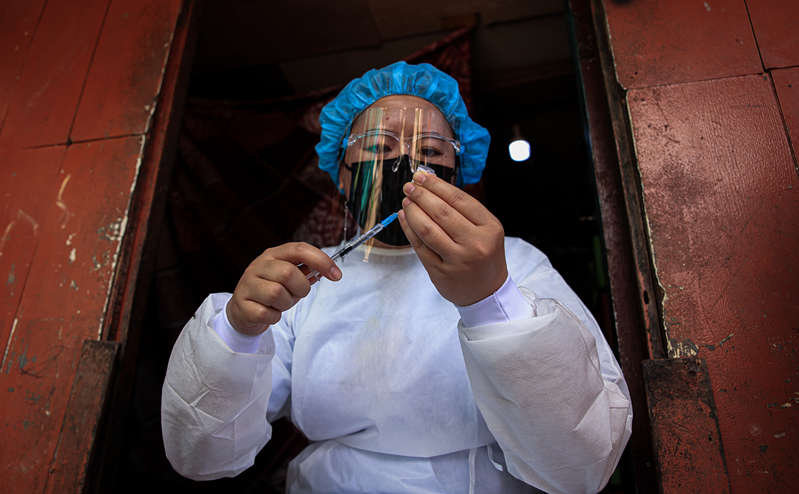
Immunologists concluded that dendritic cells move most actively at the end of the resting stage of the body, before resuming activity. For mice, this is the day, and for humans, early morning. Scientists believe that the time of day should be taken into account during vaccination and anti-tumor immunotherapy, as this can increase the effectiveness of the procedures.
In September, scientists from Rockefeller University concluded that vaccination after recovery from COVID-19 leads to the formation of “flexible” antibodies in the body, which allows you to get “superhuman” immunity.
The antibodies detected in these patients were effective against six coronavirus mutations, including the delta and beta variants. They were also able to cope with a mutation specially created in the laboratory and combining several strains at once.


